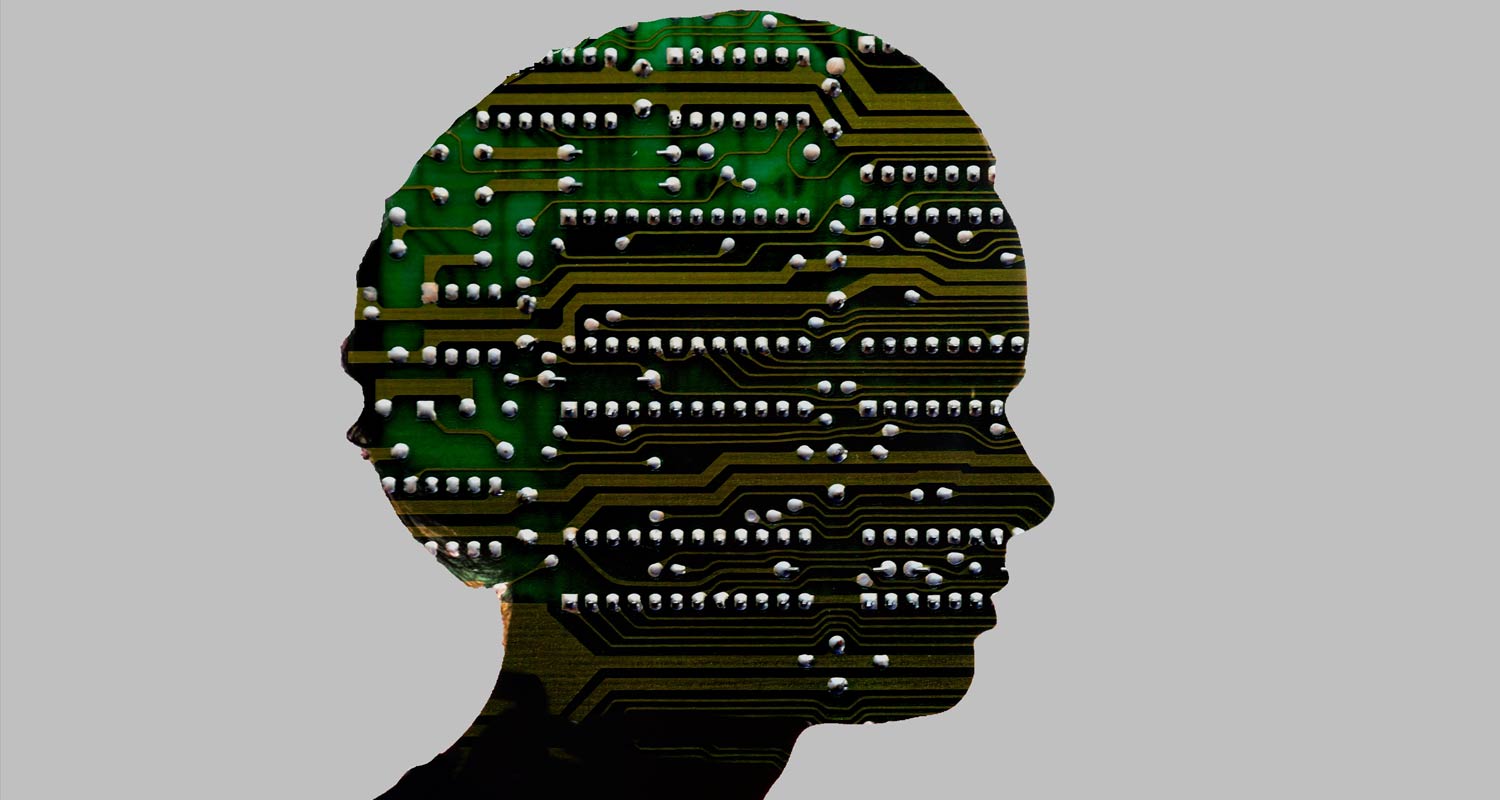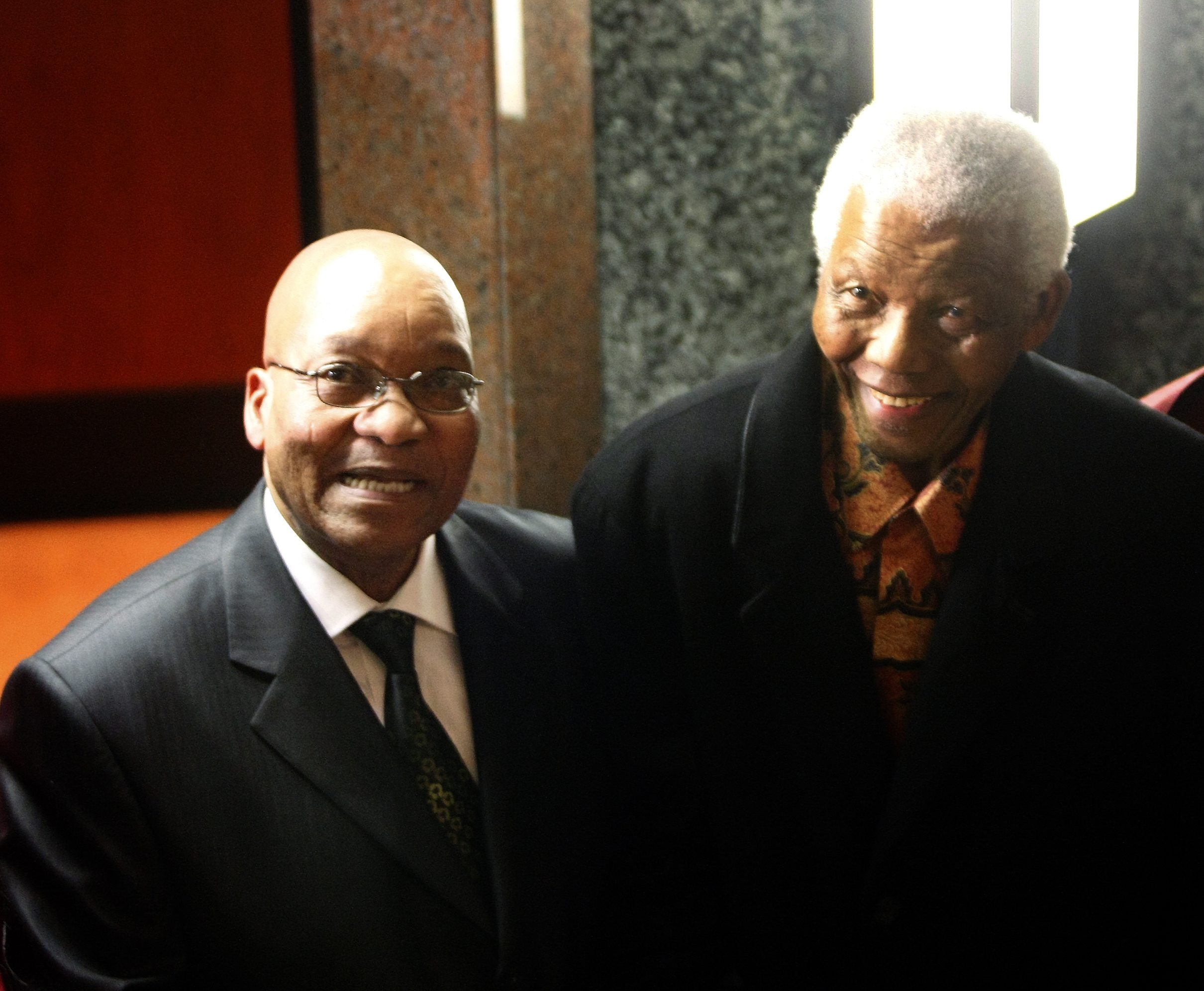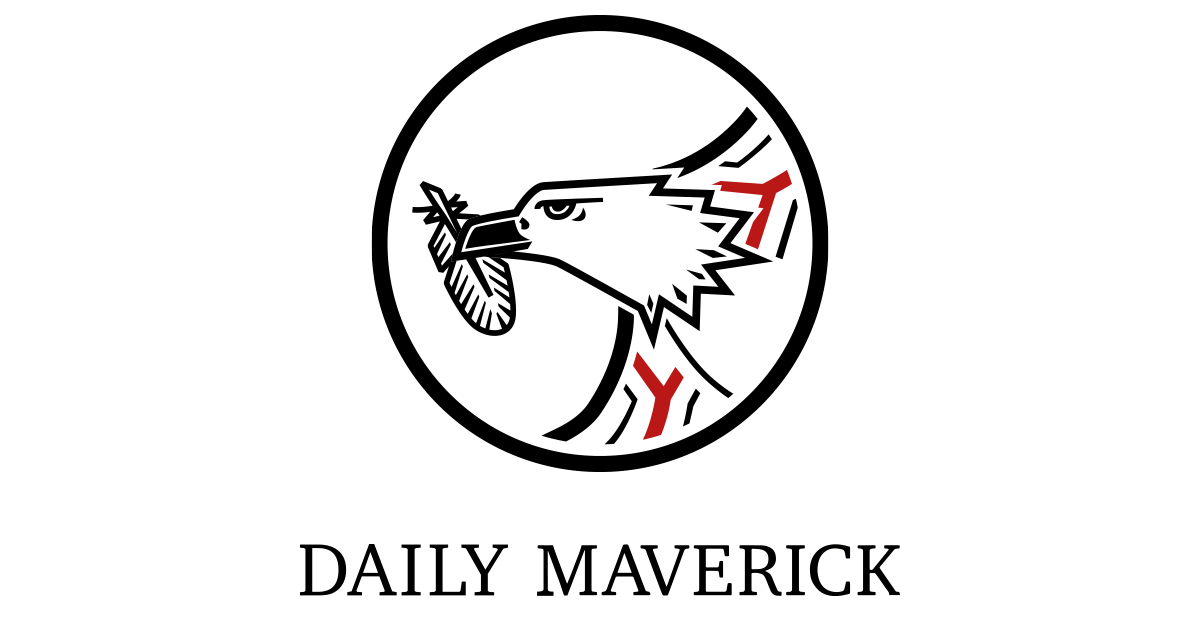Dear DM168 reader,
It’s 4 May, exactly 25 days to one of South Africa’s most pivotal elections. Entrepreneur and social activist Tebogo Moalusi coined the phrase “2024 is our 1994″ in 2022. In an opinion piece published on News24, he related how pivotal 1994 was for his father.
Moalusi, who was 10 years old in 1994, remembers his father saying he had to vote to “pay tribute to Chris Hani, who was brutally assassinated only a year before”.
For his father, voting in 1994 was a “duty to country, a commitment to the liberation struggle and a prayer for his children. It was a vote for change and hope.”
Fast-forward to 2024 and Moalusi, now 40, has, like most South Africans, come to this realisation: “We had given the governing party so many chances to advance the promises of 1994, and what we are inheriting is a dysfunctional country run by corrupt politicians who have sold out on the vision of our ancestors and liberation leaders.”
Moalusi subsequently joined Songezo Zibi and a bunch of young professionals and community activists in the new social democratic party Rise Mzansi to be part of leading the change they identify is needed “to forge a safe, prosperous, equal and united South Africa in one generation”.
I am energised by the vision and the “let’s use our skills to fix our country mindset” of the competent, experienced under-45-year-olds in Rise Mzansi.
It’s an energy and will to make South Africa work that I also see reflected in Mmusi Maimane’s Build One South Africa (Bosa).
For example, Maimane’s deputy at Bosa, Nobuntu Hlazo-Webster, founder of the SA Women’s Commission, left a successful business career because she realised no one is going to save us. And young people with skills need to show up. She says on the Bosa website: “Almost 30 years into democracy, there is a generation that has never seen the system work. We need to be willing to take the responsibility of making our country work into our own hands.”
The “2024 is our 1994” slogan reflects a deep desire of the young to wrest South Africa from the frozen-in-time old idealogues warming the benches of Parliament and the Cabinet, who have dragged us into the dysfunctional state we live in.
It could be argued that the biggest beneficiaries of 30 years of freedom under the governance of the ANC are the elite (of all racial demographics), the criminals and the corrupt, the mafia syndicates in every sphere of public life from hospitals to construction, the truck and taxi industries, gangsters and drug merchants.
Hollowed out and open to bribery, police and criminal justice institutions such as the National Prosecuting Authority have let criminals continue on their path of greed and destruction with impunity.
This dysfunctional state that the ANC created is no place for the young, those whose minds are not clouded by apartheid but who have a future they want and need to build for their children – a future that requires creativity, critical thinking and collaboration, with the flexibility to compromise when necessary.
I’m in my late 50s and not young any more, but I fully identify with the need for new leadership with fresh ideas, skills and passion to serve the long-suffering South African people.
Most pre-election opinion polls show that Rise Mzansi and Bosa do not feature in the top five parties. Instead, the only new party in the top five is a party of troglodytes – tribalist, big on bluster and small on vision, based on bitterness and patriarchal patronage: Jacob Zuma’s MK party, which the latest Ipsos poll shows will win 8% of the vote.
I am excited about the outcome of this election and I hope our votes will allow the entrance of representatives in Parliament who are untainted by the baggage of old racist or struggle ideologies and allegiances.
But I disagree that 2024 is akin to 1994. In 1994 there was no contest for the ANC, even though the ANC agreed to the short-lived government of national unity, with FW de Klerk and Thabo Mbeki as joint deputy presidents to Nelson Mandela.
This pivotal election is actually a tad reminiscent of an older South African election – an election in which just over 1 million white people decided the fate of the rest of us, the election that led to apartheid in 1948.
In 1948, Jan Smuts’s governing United Party (UP) won 49% of the vote, but a coalition formed by the Herenigde Nasionale Party and the Afrikaner Party won 79 seats in the House of Assembly against a combined total of 74 won by the UP and the Labour Party. Smuts was talking about gradually introducing racial integration, but the nationalist coalition played on swart gevaar (black danger) and chose grand apartheid.
With the latest Ipsos poll saying the ANC will win 40% of the vote, the DA 21.9%, the EFF 11% and the MK party 8%, there’s a possibility that we could have a coalition of more of the same ANC corruption, patronage and cadre deployment after 29 May.
This means the desire and willingness of the young for change will be deflated. And if the 1948 election result is anything to go by, they could be deflated for a long time.
With 11% of the vote, Julius Malema and the EFF are kingmakers in most coalition scenarios, so it would be wise to listen to what he says. I have been doing this – watching Malema’s interview on Sizwe Mpofu-Walsh’s show and the Wits School of Governance election series.
Malema has matured and comes across as pragmatic or opportunistic, or both. Reading between the lines, he appears to be open to a coalition with opposition parties to unseat the ANC. Will they be open to the EFF, though?
Either way, dear reader, every single one of our votes counts. My vote will be for a corruption-free, collaborative, innovative, non-racial, educated, safe, just and equal future with a high employment rate for all of working age. What’s yours? Write to me at [email protected] to share your views.
In today’s lead story in DM168 Dianne Hawker writes about all the legal challenges to the 29 May election. Find out whether this means the election might need to be postponed. And Chris Makhaye, our KwaZulu-Natal correspondent, delves deep into Jacob Zuma’s MK party – and wonders who exactly will be left in the party after Zuma’s purges.
Yours in defence of truth,
Heather

This story first appeared in our weekly DM168 newspaper, available countrywide for R35.



 2 weeks ago
105
2 weeks ago
105

















